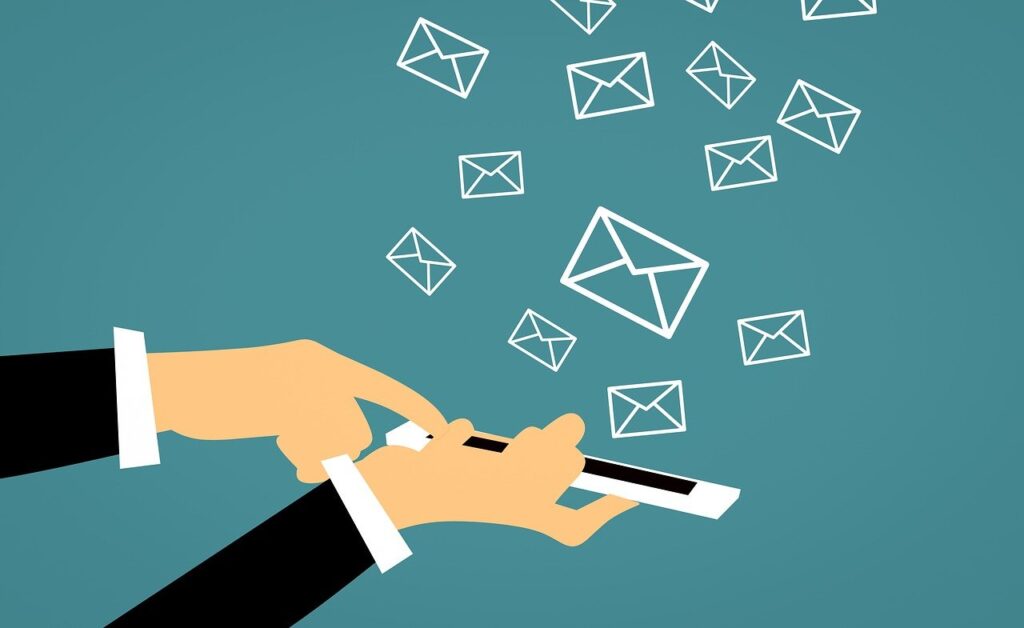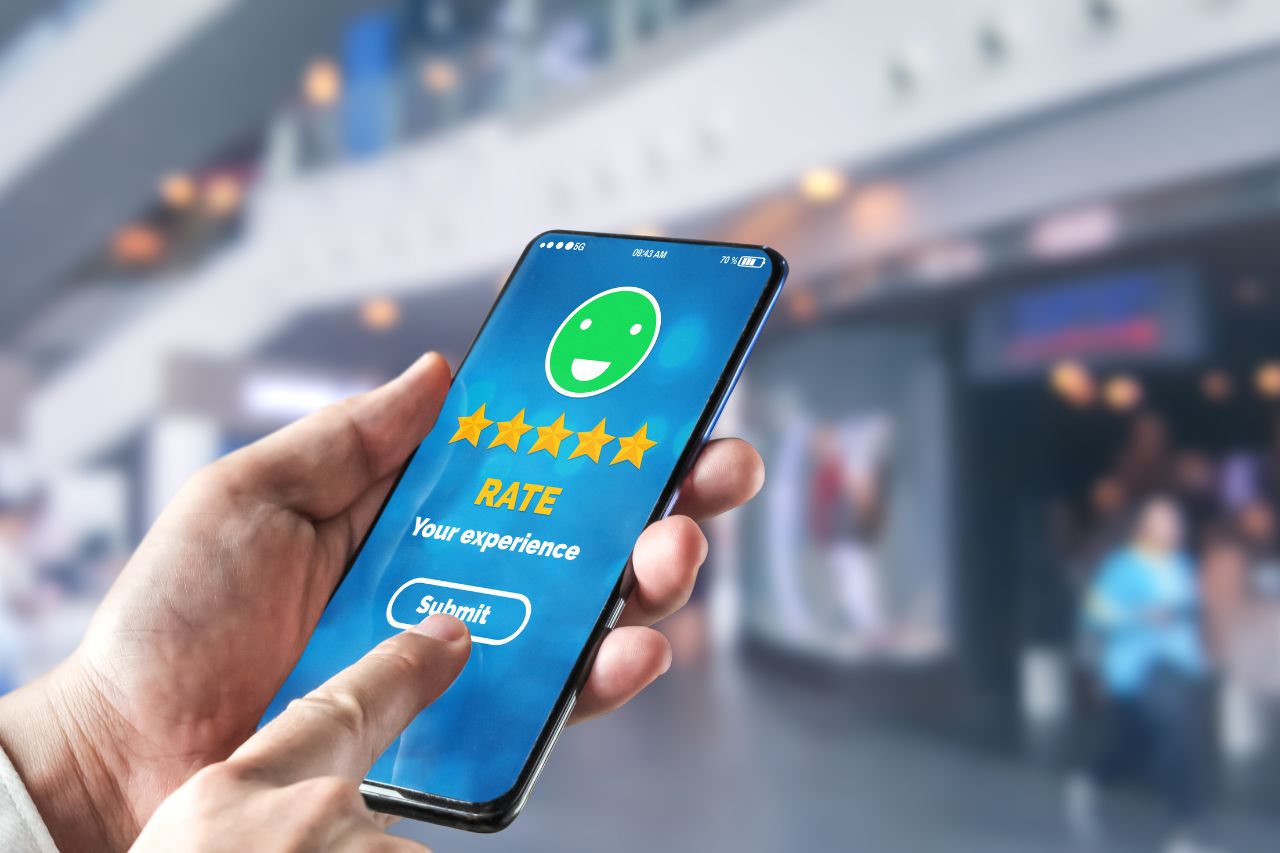Brands use SMS marketing to notify their customers of sales and promotions, customer support follow-ups and reminders, or to increase engagement by including interactive content in messages.
Consignment shop Once Upon a Child issued an SMS campaign to inform its subscribers about limited staff availability during a holiday shopping rush. Such SMS campaigns help build trust while showing customers who work there the humanity behind the company.
Impact
SMS marketing is an incredibly effective and accessible customer outreach strategy, giving businesses access to an immense customer reach and increasing customer engagement. SMS can transform ordinary conversations into captivating dialogue that engages modern consumers – elevating brand success along the way.
HBO recently used SMS marketing as part of their teaser campaign for season six of Game of Thrones to build excitement around its premiere date. They sent interactive text content that allowed subscribers to watch a short clip from an episode and build anticipation ahead of its launch date.
Businesses can utilize SMS for real-time customer service such as order tracking, shipping notifications and cart abandonment reminders. SMS can also offer exclusive discounts and rewards to their most engaged customers, further encouraging loyalty. Lastly, businesses can utilize SMS in conjunction with other marketing channels, like email campaigns and social media promotions, for an omni-channel customer experience.
Monitor and optimize SMS marketing campaigns by tracking delivery rates, open/response rates and conversion rates. As SMS is a regulated channel, adhering to compliance best practices such as including your business name in every message along with clear terms & conditions and an opt-out option is vital for consumer trust and protection.
Strategies
SMS remains one of the most effective customer outreach strategies available to brands today, providing them with valuable customer outreach strategies that can lead to their success. Marketers must devise a clear plan of action with goals and KPIs in order to track progress and optimize their strategy – as well as create an SMS campaign management team with specific responsibilities for monitoring campaigns.
Brands looking to increase engagement and conversions through SMS should take advantage of its personalization features in order to make messages feel more relevant – this includes addressing recipients by name, making product suggestions based on past purchases or demographic data, or acknowledging loyalty status. In addition, marketers can use SMS for time-sensitive sales promotions or new product launch announcements and promote these through text message campaigns, helping increase brand recognition while driving leads and sales and incentivizing customers to take action.
Marketers can utilize text messaging to provide real-time customer support through automated replies and gamified quizzes, integrate chatbots into SMS platforms to answer common inquiries and offer tailored recommendations, schedule appointments and services appointments with reminders using SMS, conduct surveys or request feedback through SMS to gather insights and enhance service quality, segment their SMS audiences based on location preferences to tailor content delivery accordingly, all helping marketers build strong programs with greater returns than ROI.
Future Trends
SMS marketing remains alive and kicking as one of the primary forms of mobile communication, it provides businesses with a powerful and engaging tool for driving sales, maintaining customer happiness, earning positive reviews from customers and expanding business without barriers or obstacles. Unfortunately though, SMS marketing cannot simply be implemented and watched until orders start rolling in – particularly with threats such as spamming and smishing lurking out there!
SMS marketers must prioritize quality over quantity when recruiting new subscribers and secure explicit opt-in consent from recipients, in order to comply with legal regulations and foster trust between themselves and recipients. It’s wise for SMS marketers to stay current with current regulations and best practices so as to prevent future fines.
Keep an eye out for SMS usage to improve customer support and services, which can be an effective means of creating an excellent overall customer experience by providing quick answers for consumers who frequently switch brands.
SMS marketing will likely grow as more businesses realize its effectiveness and versatility. By taking advantage of technology trends such as gamified popups and interactive e-mails, businesses can reach their audience more effectively than ever. You could encourage subscribers to sign up for your SMS list by offering them an “Txt to Join” option; this enables people to receive updates by texting a keyword directly to your number.
Get Started Today
SMS can add significant power to your marketing mix without breaking the bank, as customers respond well to direct promotions with appropriate frequency. But it is crucial that businesses understand how to properly use SMS in order to avoid legal complications and uphold consumer trust.
As with email and social media campaigns, it’s essential that you obtain customer opt-in before sending them any texts. Use an online landing page or sign-up form to collect customers’ mobile phone numbers and inform them what to expect such as reminders, promotions, alerts and company updates. Be sure your language clearly identifies your business name while noting message frequency depending upon customer response – for instance “Message and data rates may apply,” can be included on either your landing page or first text sent out after signing up a subscriber.
Engage existing customers to expand your SMS subscriber list through an email campaign, introducing the new communication channel with a special discount code or early access to sales or industry news through your text club. And just as with other marketing initiatives, be sure to track how well SMS initiatives perform so that you can optimize for optimal results.











